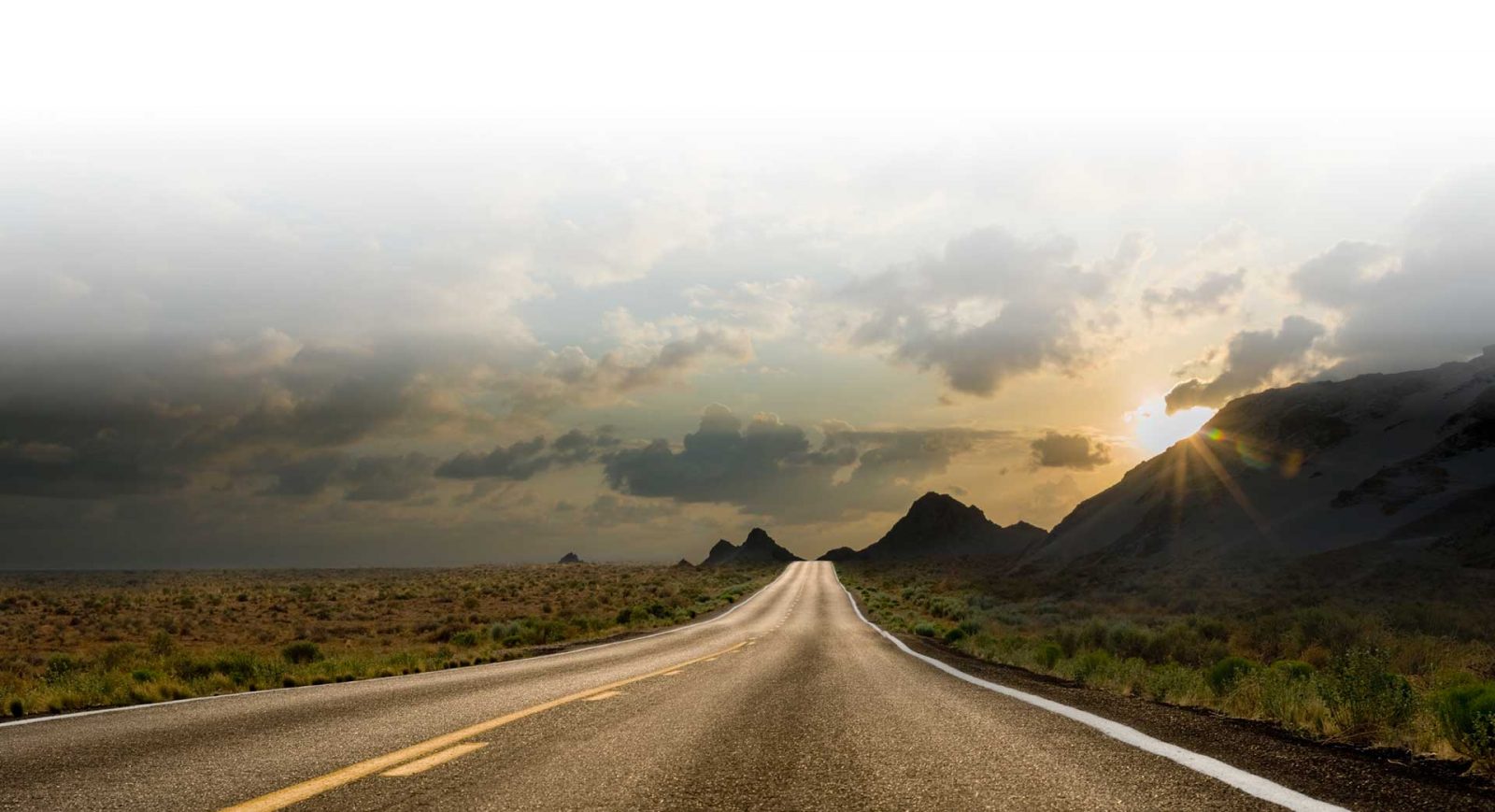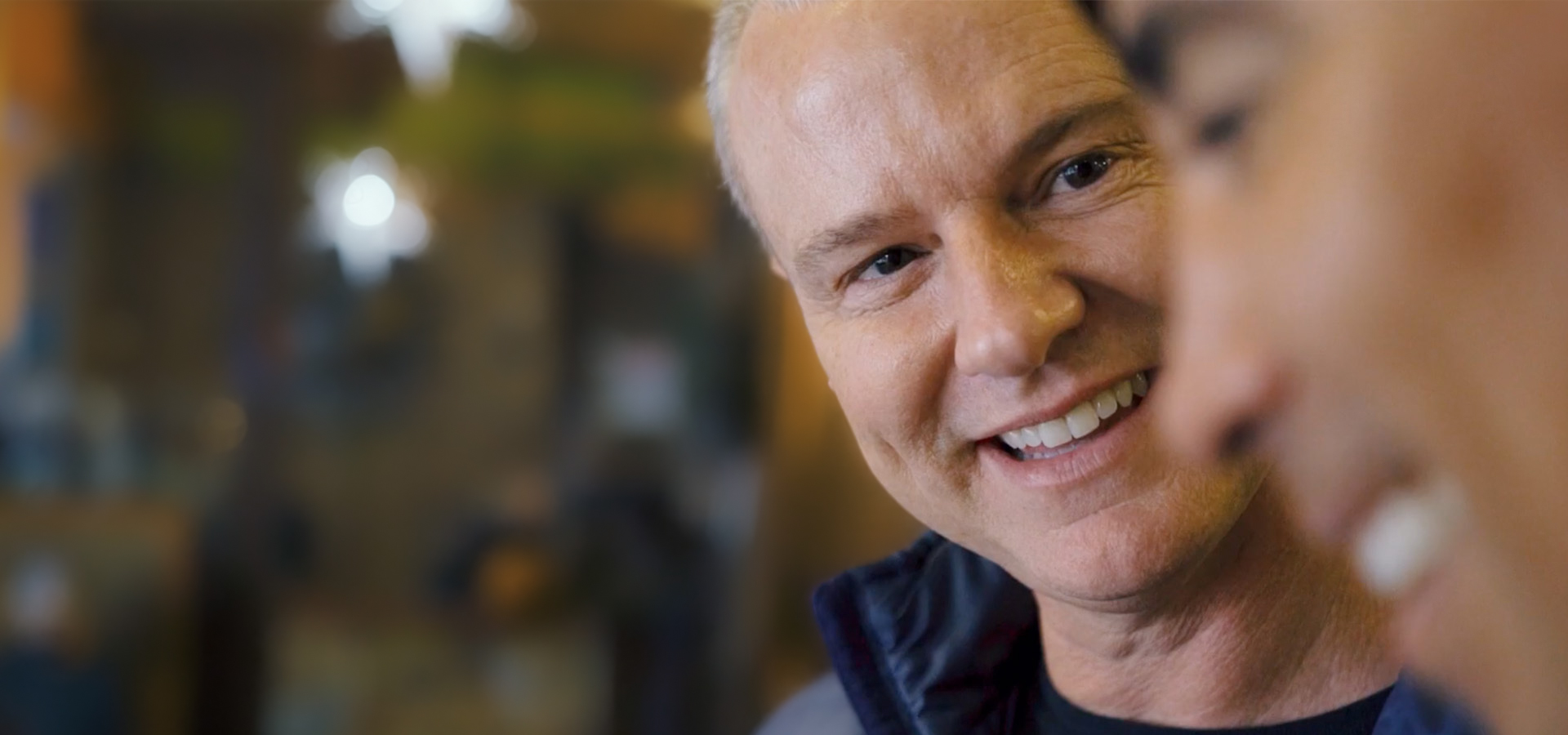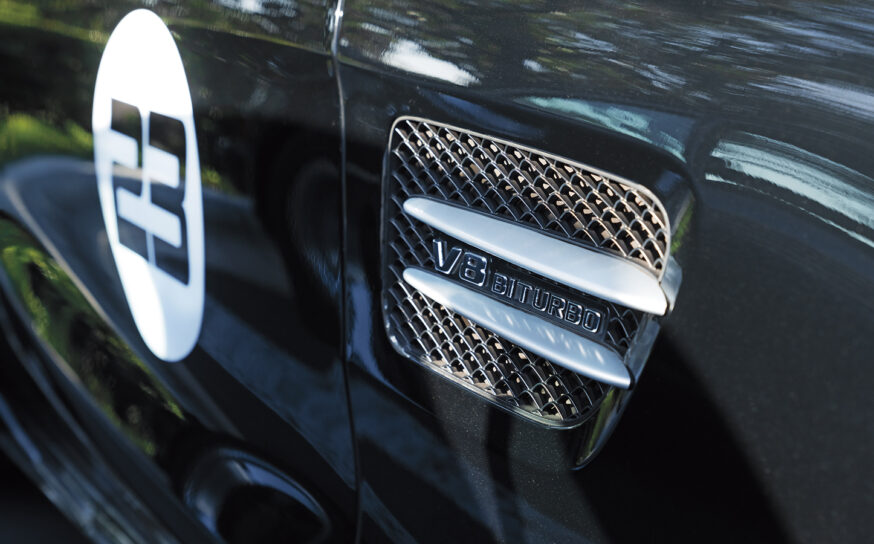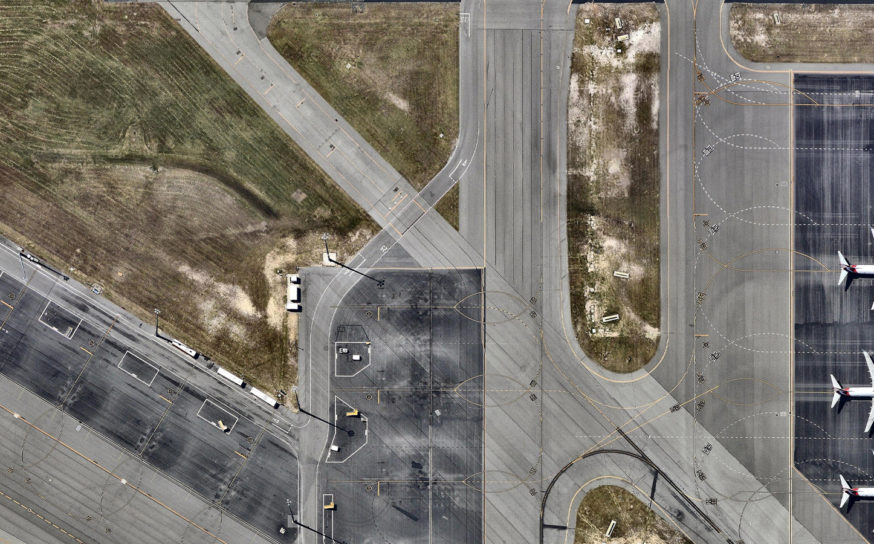Hometown Heroes: Meet Brian Poth, Co-Founder of The Source LGBT+ Center in Visalia
Supporting the queer community in Central California.
-
CategoryArts + Culture
California wouldn’t be California without its people—especially those who are working to make our state an amazing place to live. “Hometown Heroes” is a new original series that spotlights Californians who saw a need in their community and decided to do something about it. First up: Brian Poth, co-founder and Executive Director of The Source LGBT+ Center in Visalia. Together with his co-founder Nick Vargas, Brian has created a center for queer folks in Central California that provides support and services ranging from health resources to community-building events.
Watch the interview with Brian on Golden State Instagram.
Tell us where you grew up and what it was like.
I grew up in a small town called Tulare, California, right in the middle of the state. It’s really small, rural, [with] lots of dairy farms. All the kids went to school with each other through their whole school careers. It had that vibe of high school football games and dances and all the stuff you would expect with a small town. It was a really cool place to grow up … I had great friends and a great experience.
Where did the next phase of life take you?
[I lived] in Los Angeles for about 30 years. I was an actor on television and went to college there and never came back, really. I just came back for holidays and seeing family occasionally. And when I moved away, I just thought, you know, I was gay and I found a gay-friendly place to live and a gay-friendly career, and it was cool. I just never expected to come back.
So what brought you back to your hometown?
In 2012, my sister was diagnosed with Stage IV breast cancer, and I came home one weekend to visit and never went back. When I got home and was around my sister and my family, I started to realize there was a lot I was missing, being away for so long. I moved in with my sister and lived with her for three or four years, and then when she passed away, I stayed.
That’s an incredibly moving story. How did that experience change your life trajectory?
I probably wouldn’t have ever come back [to Tulare], you know? It was just a perfect storm of going through a divorce and being single for the first time in a long time. My acting career was slowing down. My mental health wasn’t great. Divorce is really hard … it’s like the worst thing that can happen to somebody, I think. And all of those things just sort of happened within a very short period of time.
Coming home and seeing my sister and my family and just being loved on by family members was the perfect medicine for me. The expectation was “I’m gonna move home and I’m gonna help my sister through this process,” and what ended up happening is that she really helped me more than I helped her. She provided me a place to live and some sort of purpose in my life that wasn’t completely revolving around my next job or my next television show or my next opportunity. It became a very different experience, and family became priority when it really hadn’t been before. So it shifted my thinking and I’m really grateful for that.
What was that transition like, going from LA back to Tulare?
A lot of things hadn’t changed—in good ways and bad ways. The good ways were that it still felt like a small town. You know everybody, your family and friends; we all go to the same places. But there were no resources for queer folks. I still was driving to LA to see my doctor; I couldn’t find a therapist [locally] and there was no telehealth at the time. I was 40 years old and the safest, queerest place for me was Target or Starbucks. I joke that the first LGBT+ center in our area was the local Starbucks, but it’s true. I mean, that’s where queer folks went because it’s a queer-friendly place. So I would just go to Starbucks and Target so I could feel like I lived in LA still.
Tell us about your initiative.
The Source LGBT+ Center was something that came out of a need that we saw that there weren’t resources here. I had lived in LA for a long time and accessed healthcare services, mental health, and support events, all at the LGBT Center in Los Angeles. So, you know, we started small—we had a group of about 30 folks that got together and said, “Hey, we think this is a good idea. We don’t know what it’s gonna look like, but let’s try.” So we raised some money and we opened up a small 400-square-foot center in the middle of our downtown.
That first night, we didn’t know if anyone would show up to the grand opening. We had no idea what we were in for. But we’ve been very welcomed into the community. Over the last seven years, we’ve gone from a $10,000 budget to almost a $3 million budget, with over 30 programs and a campus that supports our community.
What are you most proud of accomplishing so far?
Some of the proudest moments working with The Source LGBT+ Center are when I see our youth go through some of our programs, like our Youth Leadership Academy or our Youth Board, then go away to college for four years but come back after they graduate. And the reason they come back is because it’s a safe and friendly environment. They want to give back to their community. They want to work at the LGBT+ Center. We have two people on staff right now who are running the leadership academy we started six years ago, and they’re both graduates of it. So seeing that we are growing queer leadership opportunities and [inspiring] people to give back to their community through our programs and services is something I’m really proud of.
Legendary Wine Consultant Philippe Melka Looks Ahead at the Industry’s Future
25 years behind the bottles.
California Aims to Incorporate Emission-Free Airport Shuttles by 2035
The state’s “first in the nation” mandate is meant to reduce the state’s emissions at its many airports.
Get the Latest Stories







